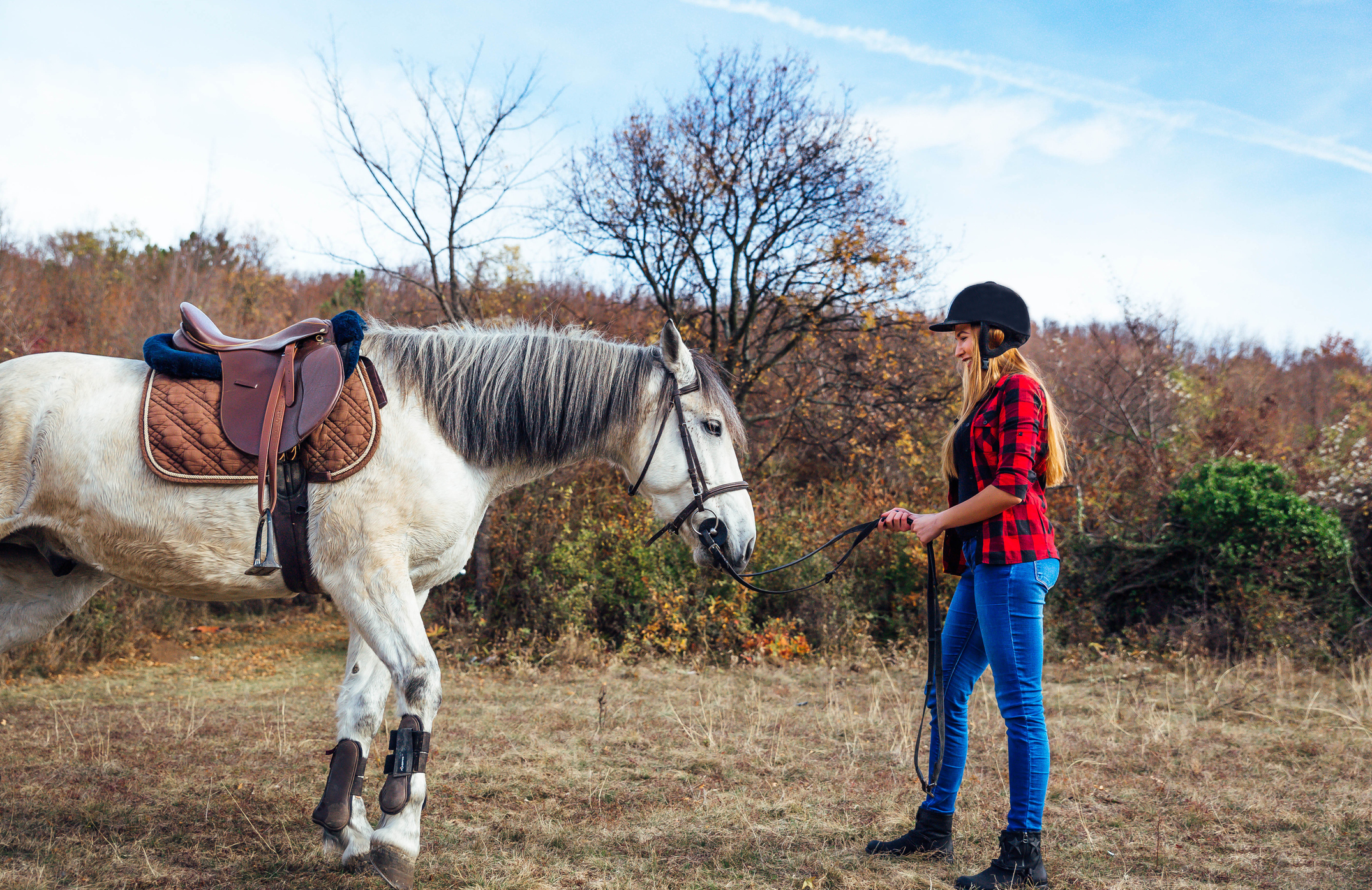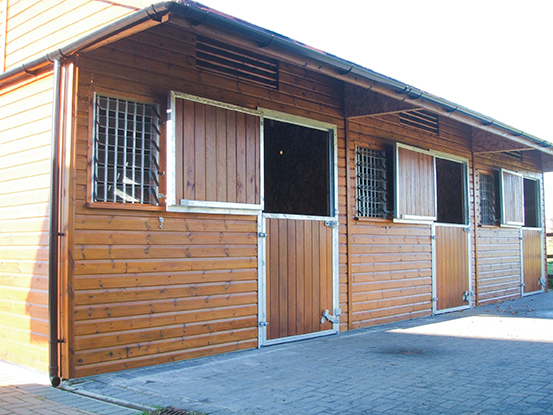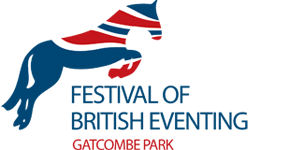It’s a kind approach to horsemanship that emphasises building a deep, trust-based relationship between the horse and its handler.
This method differs greatly from traditional training techniques that rely on dominance and force. In this blog, we will explore the pros and cons of natural horsemanship and guide you on whether it might be the right approach for you and your horse.
What Is Natural Horsemanship?
At its core, natural horsemanship is a departure from traditional training techniques that rely on harsh bits, whips, or forceful tactics. Instead, it employs gentle, non-coercive methods that encourage the horse to cooperate with its handler willingly.
The goal is simple yet profound: to establish a relationship where the horse and human can work together seamlessly, achieving remarkable results in communication and cooperation.
Advantages of Natural Horsemanship
Training your horse in a ‘natural’ way offers a friendly approach to horsemanship that considers the horse’s physical and emotional well-being, promoting their long-term health and happiness.
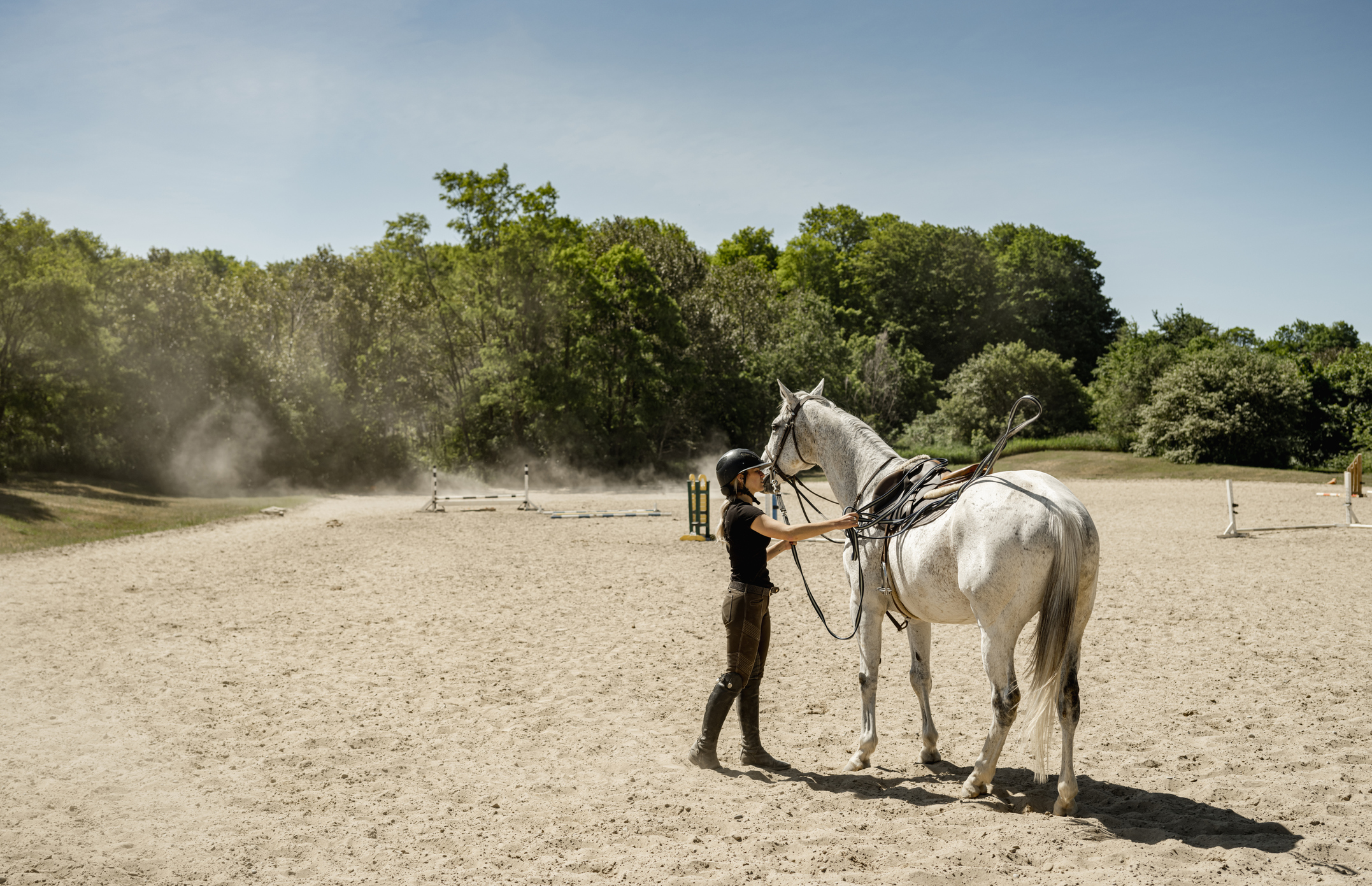
Let’s get into some of the advantages of Natural Horsemanship below!
1. Gaining Respect and Confidence
When your horse respects you as its leader and trusts your guidance, you create a safer and more harmonious environment for both horse and rider. This mutual respect paves the way for effective communication and cooperation, making teaching new skills and behaviours easier.
Additionally, a horse that respects and trusts its handler is more likely to remain calm and responsive in stressful situations, reducing the risk of accidents.
2. Liberty Training
Liberty training is a departure from the conventional use of ropes and reins. Instead, it encourages horses to express themselves and interact with their environment without physical constraints.
This type of training is highly effective for helping the behavioural patterns of troubled horses, as using restraints can create tension for the horse and can often lead to bad habits.
3. Communication and Understanding
Body language is your key to communication in a world where words cannot be understood.
Learning to understand your horses’ natural reactions and what triggers them is highly beneficial as it will help you to comprehend their needs physically and mentally.
Disadvantages of Natural Horsemanship
Despite its many advantages, natural horsemanship also has its share of disadvantages. One of the main drawbacks is that it can require a significant time investment and a deep understanding of horse behaviour, which may not be practical for all riders.
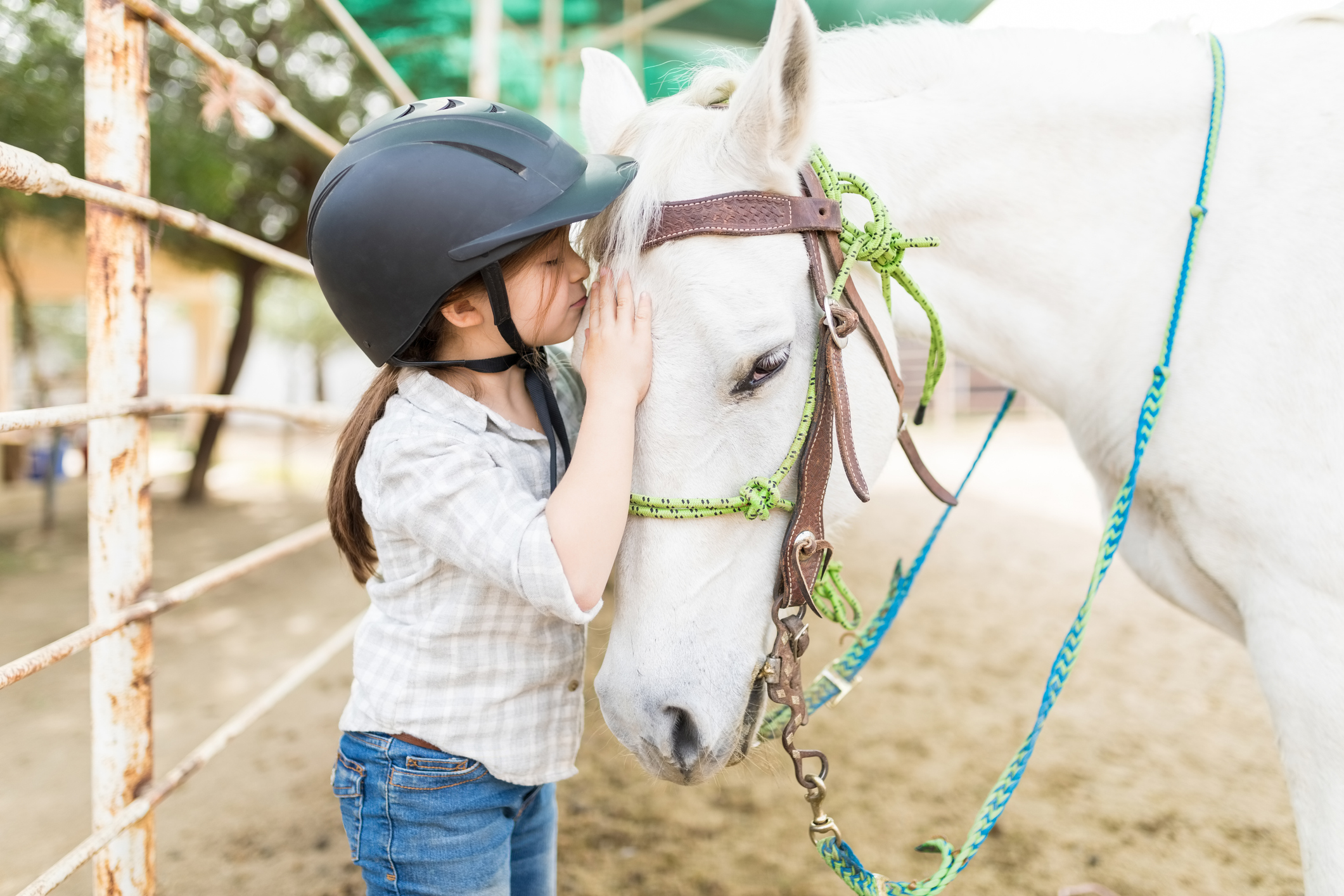
Natural horsemanship emphasises gentle and non-coercive methods, but it is still possible for inexperienced handlers to misinterpret its principles and harm the horse’s well-being.
1. Training Based on Fear
Training a horse based on fear can often result in long-term behavioural issues!
Horses trained through fear can become anxious, defensive, or aggressive, making them unpredictable and difficult to handle.
Relying on fear as a training tool compromises the horse’s welfare and affects the equine partnership’s overall quality, which is essential for safe and effective training.
2. Time and Patience
Rushing the progression process in the natural horsemanship journey could confuse the horse or create bad habits.
There will be many training exercises that you need to work through before you can ride your horse.
So, it is crucial to stay patient through the journey and not cut any corners!
3. Not Universally Applicable
While beneficial in many respects, natural horsemanship may not be suitable for all equestrian disciplines.
This is because it prioritises building a deep, trust-based partnership with the horse, which may not align with the precise demands of competitive activities like show jumping or dressage.
These disciplines need a high level of obedience and precision that may not be fully addressed through natural horsemanship’s more fluid and flexible techniques.
Safe Environment for Your Horses
You now know that natural horsemanship offers a gentle approach to horse training that emphasises communication, trust, and understanding between a horse and the rider. However, it does have its drawbacks as it requires time investment and an understanding of horse behaviour.
At Jon William Stables, we help our clients provide beautiful areas for their equine partners to live, work and train. In addition to our durable and exquisitely designed product lines, we proudly provide an exclusive bespoke service, allowing you to have something custom-crafted and tailored completely to your requirements.
Our bespoke range of Field shelters, Stables and American barns are designed for the horse and handlers’ needs. So, you can train your horses in a way you feel is best for them.
Fill in the enquiry form, and let’s see what we can do!
